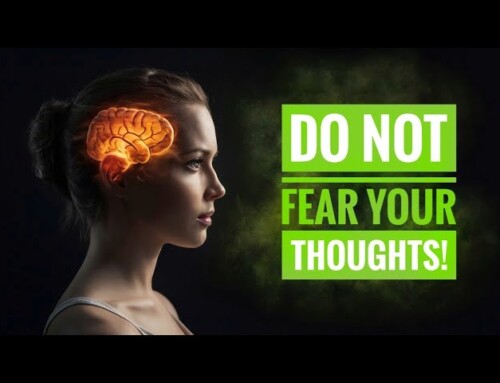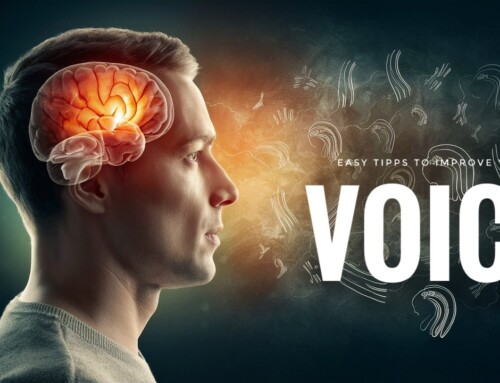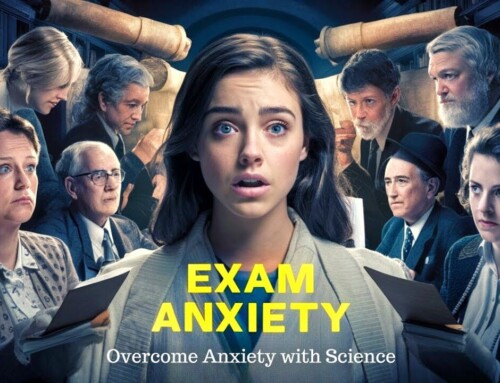Every good anxiety therapy is based on numerous important learning processes. In classic behavioral therapy in particular, new learning experiences are constantly being made, which help to build up neuronal “safety networks”. The more often we learn that we are much safer in a feared situation than we thought, the deeper the corresponding safety memory traces become in our brain. So getting rid of fear actually means unlearning fear.
In this respect, it is not surprising that classic learning laws from learning psychology play a very important role in anxiety therapy…
__________________
Studies (just a small selection):
Bandarian-Balooch, S., Neumann, D. L., & Boschen, M. J. (2015). Exposure treatment in multiple contexts attenuates return of fear via renewal in high spider fearful individuals. Journal of behavior therapy and experimental psychiatry, 47, 138-144.
Baggs, K., & Spence, S. H. (1990). Effectiveness of booster sessions in the maintenance and enhancement of treatment gains following assertion training. Journal of consulting and clinical psychology, 58(6), 845.
Burck, E. (2019). Angst-Was hilft wirklich gegen Angst und Panikattacken?: Die effektivsten Strategien gegen Angst und Panik aus Sicht der Forschung. BoD–Books on Demand.
Craske, M. G., Treanor, M., Conway, C. C., Zbozinek, T., & Vervliet, B. (2014). Maximizing exposure therapy: An inhibitory learning approach. Behaviour research and therapy, 58, 10-23.
Craske, M. G., Kircanski, K., Zelikowsky, M., Mystkowski, J., Chowdhury, N., & Baker, A. (2008). Optimizing inhibitory learning during exposure therapy. Behaviour research and therapy, 46(1), 5-27.
Mineka, S., Mystkowski, J. L., Hladek, D., & Rodriguez, B. I. (1999). The effects of changing contexts on return of fear following exposure therapy for spider fear. Journal of consulting and clinical psychology, 67(4), 599.
Gearing, R. E., Schwalbe, C. S., Lee, R., & Hoagwood, K. E. (2013). The effectiveness of booster sessions in CBT treatment for child and adolescent mood and anxiety disorders. Depression and anxiety, 30(9), 800-808.





